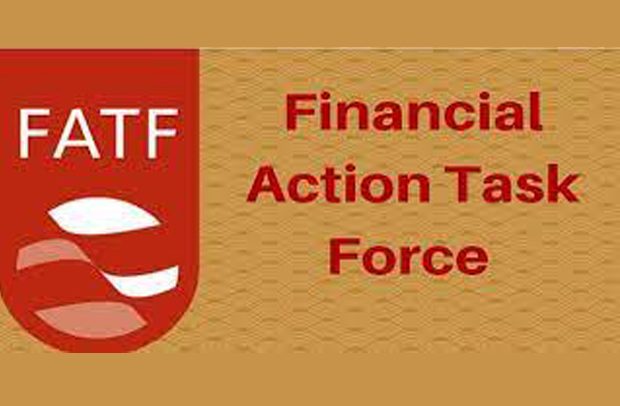GOVERNMENT HAS welcomed a recent announcement by the Financial Action Task Force (FATF) that Ghana is finally off its ‘grey list’.
According to Finance Minister Ken Ofori-Atta, “This is great relief for the country, considering the economic consequences suffered by the country while on the list.”
He also said this will boost confidence in the integrity of Ghana’s financial environment and also boost foreign direct investment.
Speaking at a press conference in Accra yesterday, he said by such decision, FATF and, for that matter, the international community, has renewed its confidence in Ghana’s Anti-Money Laundering and Countering the Financing of Terrorism (AML/CFT) regime.
The FATF took this decision at their plenary meeting held on June 23, 2021, when it was unanimously agreed that Ghana had satisfactorily completed her Action Plan after the International Cooperation Review Group (ICRG) had submitted their report.
Mr. Ofori-Atta said in 2016, Ghana was subjected to a second round of mutual evaluation by the Inter-Governmental Action Group against Money Laundering and Terrorist Financing in West Africa (GIABA), adding that Ghana was the first among her peers in the West African sub-region to have gone through the second round of mutual evaluation.
“Even though this round of mutual evaluation showed some progress over an earlier one in 2009, there were still significant gaps that needed to be addressed. Ghana was therefore placed under observation by the International Cooperation Review Group (ICRG), one of the technical groups of the FATF, charged with the responsibility of identifying, reviewing, and monitoring jurisdictions with AML/CFT deficiencies that present a risk to the international financial system. The ICRG and Ghana developed a two-year Action Plan spanning 2019 – 2021 with timelines, to address the deficiencies.
“Following the ICRG plan and FATF acknowledgment, the European Union also issued a press release on October 18, 2020 adding Ghana to their list of high-risk third countries with strategic deficiencies in their Anti-Money Laundering and Countering the Financing of Terrorism (AML/CFT) regime as a result of Ghana being on the FATF list,” he mentioned.
Noting that over the last three years, an Inter-Ministerial Committee led by the Ministry of Finance has been hard at work coordinating key reforms to cure strategic AML/CFT deficiencies, he said he has been chairing and guiding a multi-stakeholder National Task Force on AML/CFT.
“The Inter-Ministerial Committee has worked closely with the President and Cabinet Office to fundamentally transform AML/CFT governance of Ghana by approving the National AML/CFT Policy and Strategy, enacting critical legislation, and instituted key measures.
“I wish to inform you that FATF has expressed satisfaction with our work so far, and as indicated earlier, a unanimous decision was taken at their plenary meeting of June 23, 2021, to take Ghana off the ‘grey list’.”
He, among others, also lauded the Financial Intelligence Centre (FIC), the institution mandated by law to fight money laundering and terrorist financing, for their leadership role in achieving such feat.
“Let me also thank Hon Kwaku Kwarteng who managed the process and other deputy ministers,” he added.
By Melvin Tarlue


